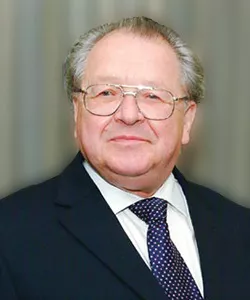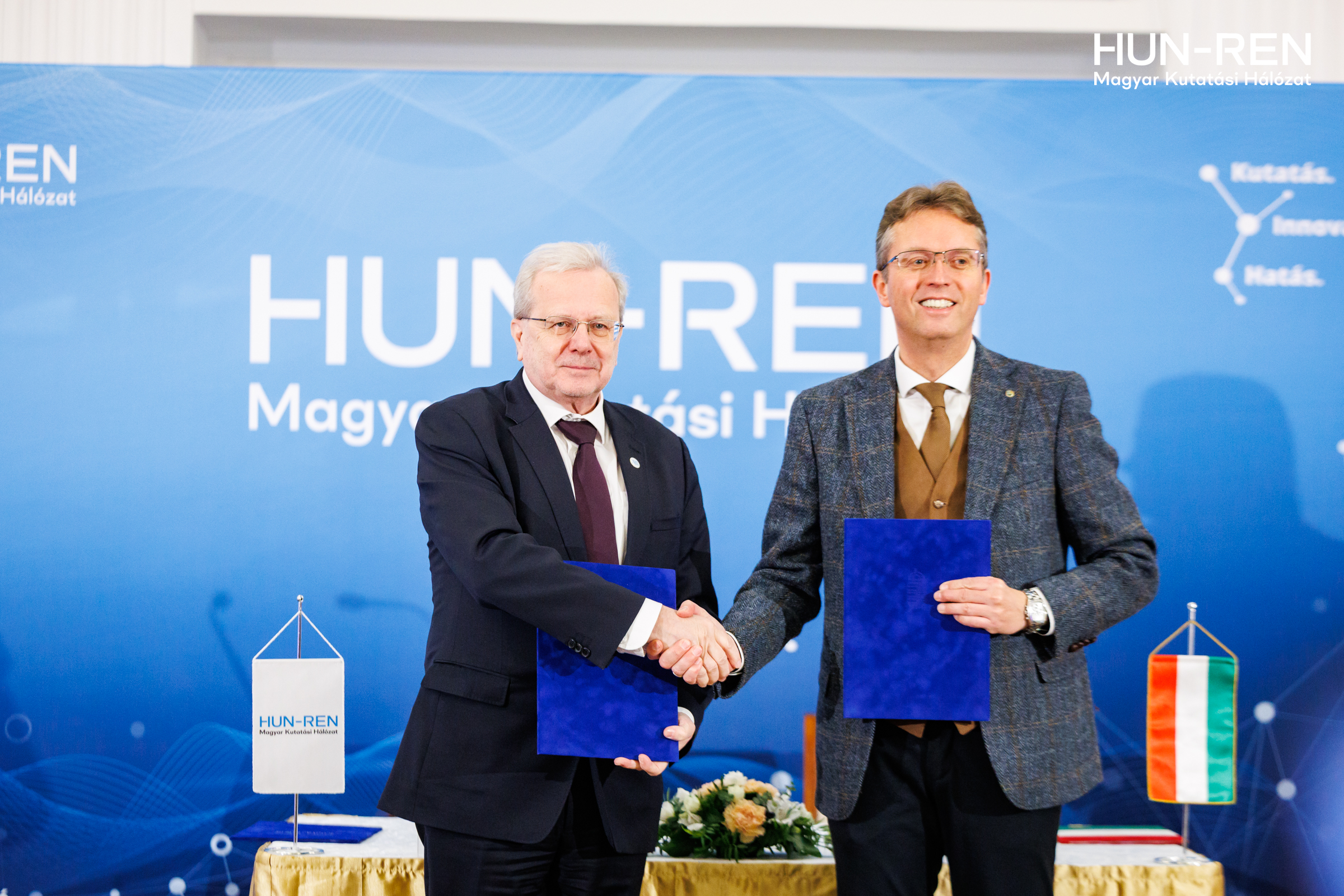Sir George Radda, World-Renowned Biochemist and Doyen of HUN-REN President's Circle, Passes Away
A Hungarian-born professor at the University of Oxford, Sir George Radda was a former Chairman of the UK National Cancer Research Institute and later Chief Executive of the UK Medical Research Council (MRC). He was also the founding Chairman of the Singapore Bioimaging Consortium and Chairman of the Biomedical Research Council, Singapore. He is credited with the development of clinical MRI.
George Charles Radda was born in Győr, Hungary, on 9 June 1936. He graduated from the Benedictine High School of Pannonhalma and was admitted to Eötvös Loránd University, where he majored in chemistry. In 1956, he moved to the United Kingdom, where he completed both his undergraduate and doctoral studies at the University of Oxford. Between 1962 and 1963, he worked at the University of California, Berkeley, under the supervision of Nobel laureate Professor Melvin Calvin. He was elected a Fellow of the Royal Society, London, in 1980. He was the British Heart Foundation Professor of Molecular Cardiology for nearly 20 years and Director of the MRC Biochemistry and Clinical Magnetic Resonance Unit for 8 years.
Early in his career, he used fluorescent probes to study the structure and function of enzymes and membranes. He pioneered the application of nuclear magnetic resonance (NMR) to the human body. In the early 2000s, he was Chairman of the National Cancer Research Institute in London, and from 2008 to 2016, he chaired the Biomedical Research Council of the Agency for Science, Technology and Research (A*STAR) in Singapore. He was instrumental in promoting scientific cooperation and exchange of knowledge between Singapore and Hungary. Since 2023, he had been the Doyen of the HUN-REN President’s Circle—the President's personal scientific advisory group.

“We have lost a great friend, a dedicated mentor, a researcher with an extraordinary life's work, a highly inspiring scientist, and a great friend of Hungary. His epoch-making contributions and his intellectual and spiritual legacy will serve as an example for future generations,” said Balázs Gulyás, President of HUN-REN, about the world-renowned biochemistry professor who passed away this weekend.
Sir George Radda was the author of around 800 scientific publications and received honorary doctorates from twelve universities, including the University of Debrecen and Semmelweis University. "A whole new approach is needed to ensure that different disciplines not only work together but also think together to solve the biggest problems facing humanity," he said of academic work.
His work has been recognised with numerous awards and honours, including the Colworth Medal (1969), the British Heart Foundation Gold Medal (1982), the Royal Society Buchanan Medal (1987), and the Order of the British Empire (1993). He was knighted by Queen Elizabeth II in 2000, received the Medal of Merit from the International Academy of Cardiovascular Sciences in 2006, and was honoured with the Semmelweis Budapest Award in 2011. In 2013, he received the BioSpectrum Asia-Pacific Lifetime Achievement Award, followed by the Commander’s Cross of the Hungarian Order of Merit in 2016 and the Hungarian Corvin Chain in 2018, in recognition of his distinguished career and scientific contributions.
He passed away at the age of eighty-eight.

